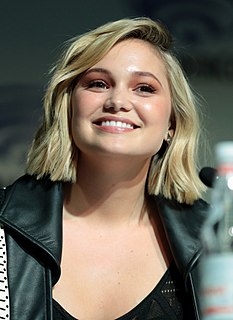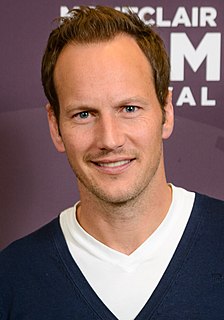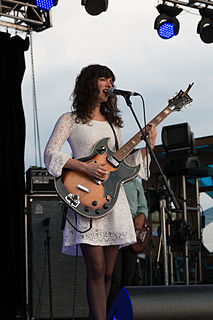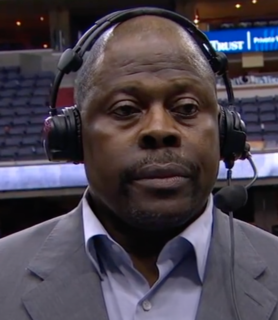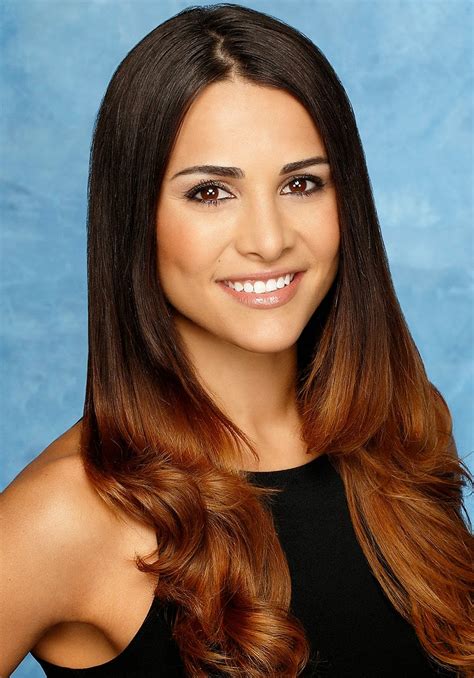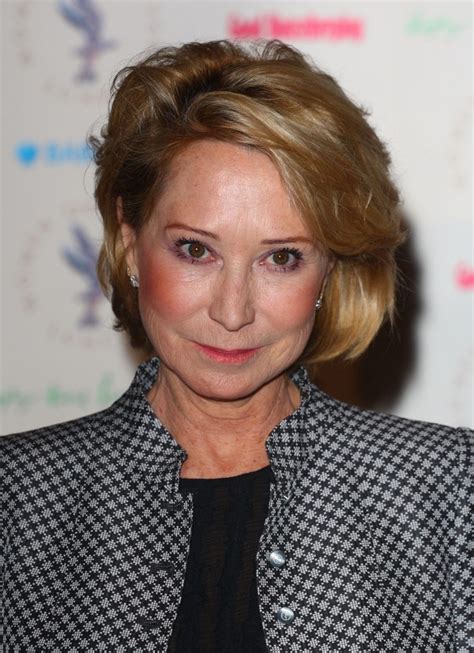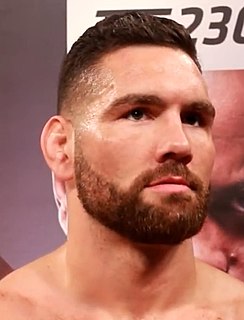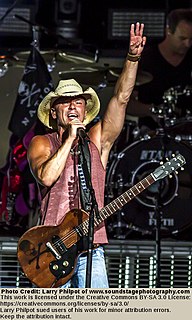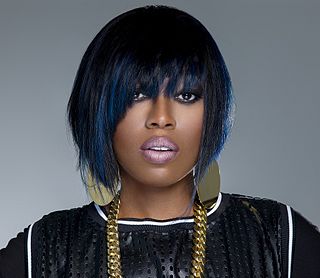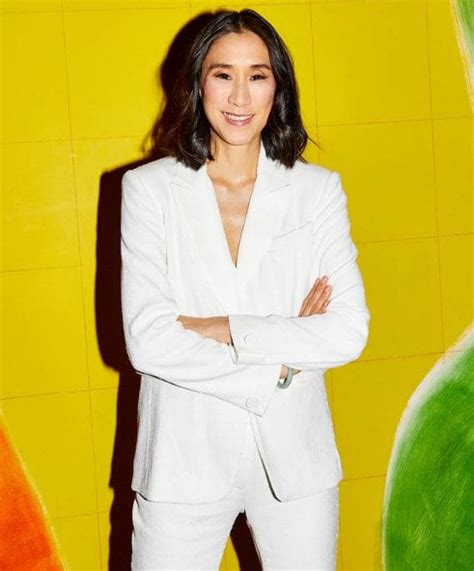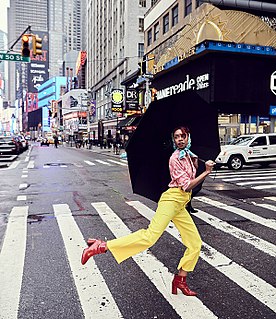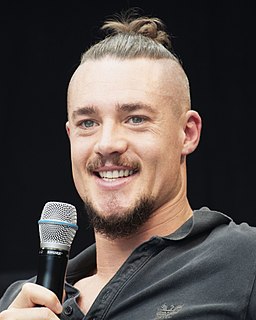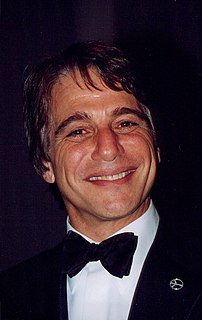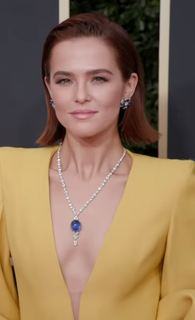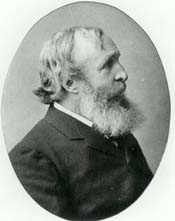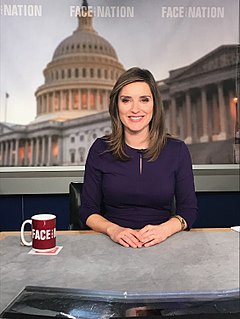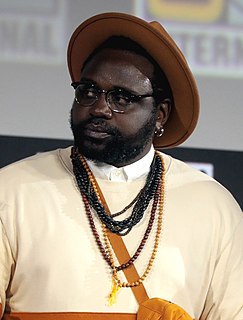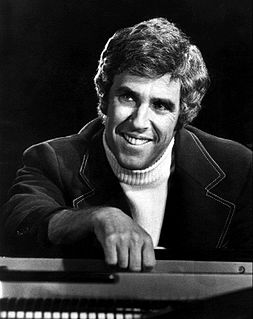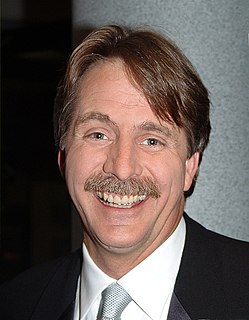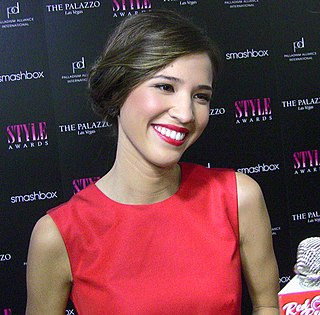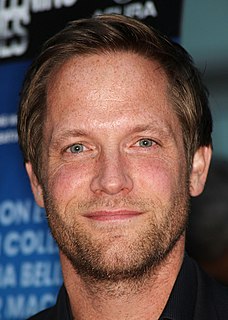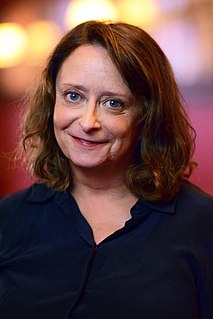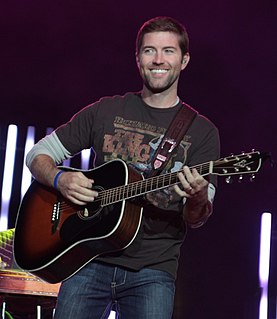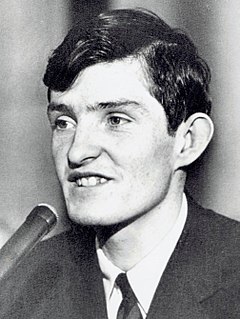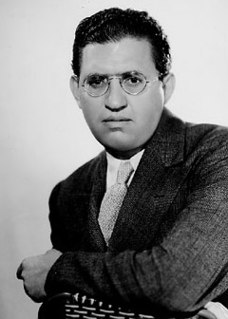Top 1200 High School Class Quotes & Sayings - Page 19
Explore popular High School Class quotes.
Last updated on November 15, 2024.
I always grew up around acting. I did commercials as a kid and all that kind of stuff and my oldest brother did theatre in High School. It's funny, when I was 15 I had a friend of mine who dragged me away to a camp at Boston University. It was the first time truthfully that acting didn't feel presentational; it felt very personal. I didn't just feel like I was singing and dancing for my friends in High School. It felt like I was doing a scene and all of a sudden I started to feeling something - I started to feel emotional.
College was pivotal for me. It broadened my horizons, taught me to think and question, and introduced me to many things - such as art and classical music - that had not previously been part of my life. I went to college thinking that I might teach history in high school or that I might seek a career in the retail industry, probably working for a department store, something I had done during the holidays while in high school. I came out of college with plans to do something that had never crossed my mind four years earlier.
Every time we moved on, I joined a different class in a different school with different girls until, aged 13, my father had taken the decision to pull me out of school altogether. Everything I needed, he reasoned, could be found within the rich language of Shakespeare's plays at which, by then, I was something of an old hand.
I was one of the only people of color at my grade school and also my high school. It's weird recollecting on my childhood, I think, because my brothers are all white. We all share the same father but different mothers. I guess I kind of associated white, but I was occasionally reminded in a really negative way that I wasn't.
You do not need to go to journalism school if you want to work in the fashion industry. I think high schools condition you to think this way: If you want to be a fashion editor, go to fashion school. If you want to be a writer, you should study journalism. I think that the best school in life is experience.
I was in love with a girl in my class when I was in primary school, and she obviously thought I was a freak, so that wasn't working out. And the the guys in my class, every two weeks they'd say, 'Hey, we spoke to her, and she really likes you now. You should go and ask her again.' And then I'd go and ask her again.
Thousands are the children of poor foreigners, who have permitted them to grow up without school, education, or religion. All the neglect and bad education and evil example of a poor class tend to form others, who, as they mature, swell the ranks of ruffians and criminals. So, at length, a great multitude of ignorant, untrained, passionate, irreligious boys and young men are formed, who become the "dangerous class" of our city.
I went to an all-girls school in Connecticut, which particularly in high school is a really formative time. This one nun would eviscerate you for raising your hands and adding some disqualifying statement - 'I could be wrong but,' or 'I don't know I might be wrong but this is what I'm thinking' - as young women often do.
My 94-year-old grandmother has always been so inspiring to me. She is kind, smart, brave, and independent. After graduating number one in her medical school class at a time when it was extremely rare for women to attend medical school, she worked with the World Health Organization in North Africa to eradicate tuberculosis.
I got into acting in high school mainly because I wasn't doing anything else and started to hit a few bumps in the road. And there was a conference with my parents who said either you find something to do with your time or we will. And so, I don't know why I thought this was the thing to do, but I went to audition for the school play.
There were only 75 people in my graduating class at the school I attended in Hannah, S.C. It was a small school and that translated into not a lot of opportunities when it came to music. We had academic and sports programs but we never had a consistent music program. We would have a band one year, and a chorus one year, but nothing ever lasted.
